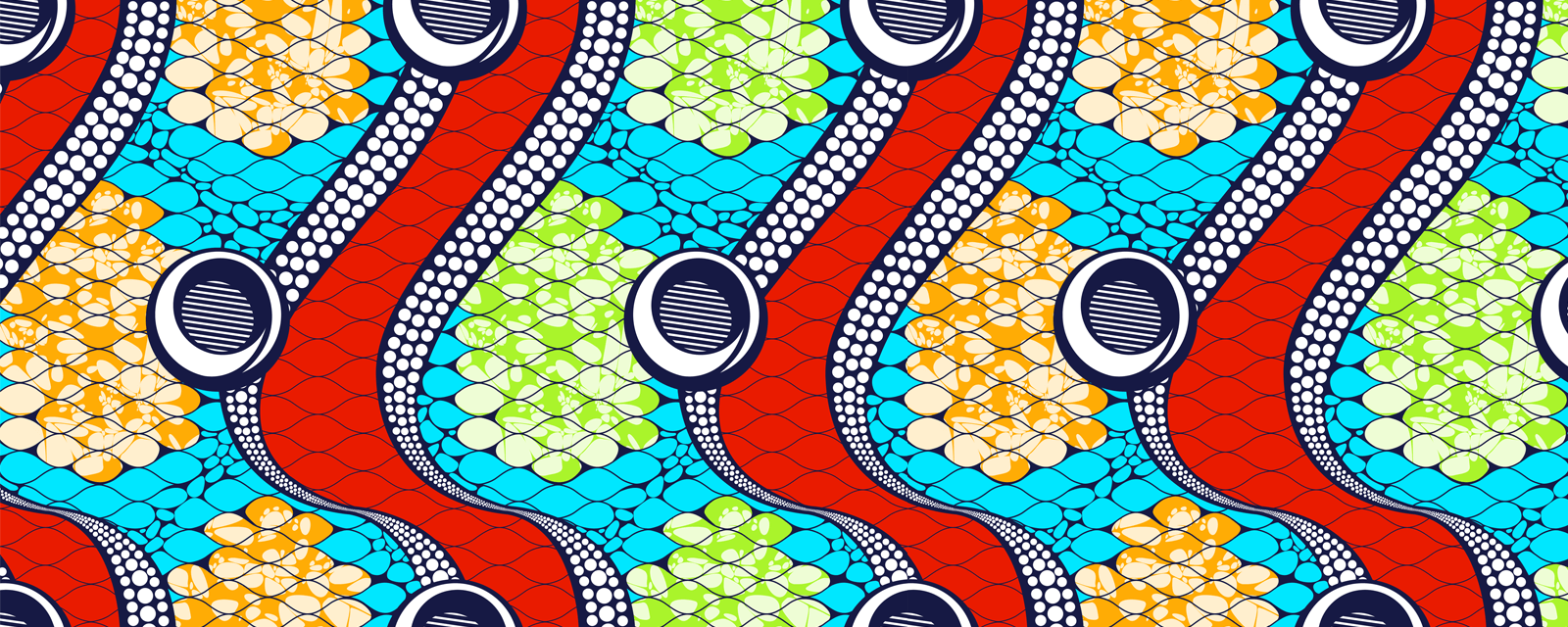Five examples of Ìjálá, the Yorùbá professional hunters’ chants from Nigeria. Yorùbá hunters would compose Ìjálá poems about the animals and birds they hunted.
Lion
Lion, who encircles the thicket with his urine,
Champion of the bush, who sends the young hunter in haste up the thorn tree.
He says, ‘Except for the elephant,
Except for man,
Except for the black, black stick, (1)
Except for God…’ (2)
Chimpanzee
Old man with a ragged cloak,
Old man with a long cloak,
Old man drummer of the forest.
Red-Flanked Duiker
Duiker, strong as a kernel shell, animal with a strong chest,
Smooth as an old hoe and smooth-backed like a young mother,
Duiker who was born when shea butter was scarce (3)
So that they had to take palm-oil to rub its body,
Clear target in the tangled grasses.
Colobus Monkey
Silver face who needs a full charge of powder, (4)
Black monkey who throws himself as if from a sling.
Antelope
Beautiful antelope with the slender neck,
Your thighs are worth twenty slaves,
Your arms are more precious than thirty servants,
Your neck is glorious like a sacred carving.
I cannot be happy when I kill you
Until I have found your body in the bush.
Your teeth are whiter than bone.
The pregnant woman demands your skin;
Lying on your beautiful skin she will bear a beautiful child. (5)
from Oral Poetry from Africa 1984
compiled by Jack Mapanje and Landeg White,
Longman
Footnotes
- The black stick is a gun.
- The implication of the unfinished sentence is that with these exceptions the lion fears nothing.
- Shea butter: Shea butter-oil is almost colourless, while palm oil is deep red in colour. The point of the image is to explain the Red Flanked Duiker’s beautiful appearance.
- The Colobus Monkey lives in the highest tree tops. The hunter needs a full shot of powder to reach so far.
- A beautiful child: the reference is to the belief that a pregnant woman lying on an antelope skin will give birth to a beautiful child.

